
Badalabougou: The Heartbeat of Bamako's Cultural Pulse
Nestled along the southern bank of the Niger River, Badalabougou is a vibrant and eclectic neighborhood that captures the essence of Bamako's rich cultural tapestry. This district is a melting pot of history, art, and community spirit, making it a must-visit for any traveler seeking to immerse themselves in the local way of life. Stroll through the bustling streets of Badalabougou and you'll be greeted by a lively blend of traditional markets, artisan shops, and cozy cafes. The neighborhood is home to several important landmarks, including the iconic Pont des Martyrs, which offers stunning views of the river and the city skyline. Badalabougou is also known for its thriving arts scene. The National Museum of Mali, located nearby, provides a deep dive into the country's rich heritage, while local galleries and street art showcase contemporary Malian creativity. As evening falls, the neighborhood comes alive with music, from traditional griot performances to modern Afrobeat rhythms, reflecting the dynamic spirit of Bamako. For food enthusiasts, Badalabougou offers a delightful culinary journey. Savor the flavors of Mali with dishes like 'Tiguadege Na' (peanut butter stew) and 'Fufu' at local eateries, or enjoy freshly brewed tea at one of the many tea houses. The friendly locals are always eager to share their culture and traditions, making your visit to Badalabougou a truly enriching experience.
Local tips in Badalabougou
- Visit the National Museum of Mali early in the day to avoid crowds and get a comprehensive understanding of Malian history.
- Take a leisurely evening stroll along Pont des Martyrs for stunning sunset views over the Niger River.
- Try the local street food, but make sure it's from a vendor with a good reputation to ensure it’s safe to eat.
- Engage with local artists and musicians to get a deeper insight into Bamako’s contemporary cultural scene.
- Wear comfortable walking shoes as the neighborhood's streets can be uneven and bustling with activity.
Badalabougou: The Heartbeat of Bamako's Cultural Pulse
Nestled along the southern bank of the Niger River, Badalabougou is a vibrant and eclectic neighborhood that captures the essence of Bamako's rich cultural tapestry. This district is a melting pot of history, art, and community spirit, making it a must-visit for any traveler seeking to immerse themselves in the local way of life. Stroll through the bustling streets of Badalabougou and you'll be greeted by a lively blend of traditional markets, artisan shops, and cozy cafes. The neighborhood is home to several important landmarks, including the iconic Pont des Martyrs, which offers stunning views of the river and the city skyline. Badalabougou is also known for its thriving arts scene. The National Museum of Mali, located nearby, provides a deep dive into the country's rich heritage, while local galleries and street art showcase contemporary Malian creativity. As evening falls, the neighborhood comes alive with music, from traditional griot performances to modern Afrobeat rhythms, reflecting the dynamic spirit of Bamako. For food enthusiasts, Badalabougou offers a delightful culinary journey. Savor the flavors of Mali with dishes like 'Tiguadege Na' (peanut butter stew) and 'Fufu' at local eateries, or enjoy freshly brewed tea at one of the many tea houses. The friendly locals are always eager to share their culture and traditions, making your visit to Badalabougou a truly enriching experience.
Iconic landmarks you can’t miss
Tower Of Africa
Discover Mali's heritage and breathtaking views of Bamako from this iconic symbol of African unity and culture.
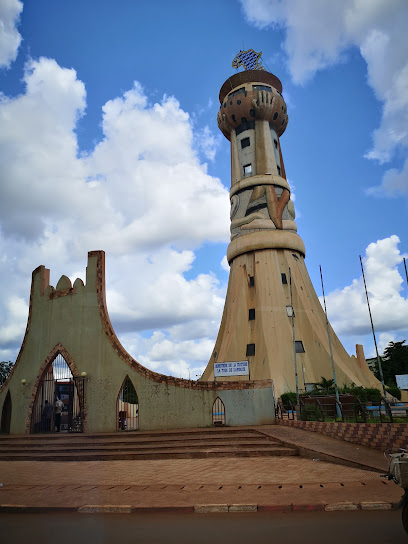
Mali National Park.
Discover Bamako's natural heart: Mali National Park, a green sanctuary offering recreation, education, and a peaceful escape from the city.
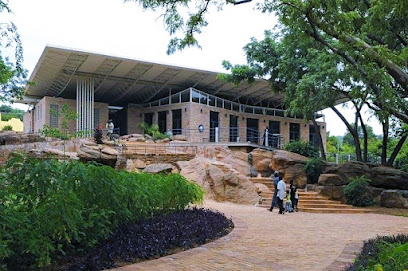
Grande Mosquée de Bamako
Discover the Grande Mosquée de Bamako, an iconic religious landmark showcasing a blend of architectural styles in Mali's capital.
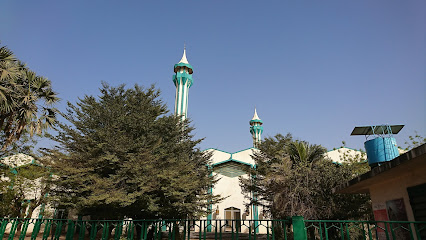
National Museum
Discover Mali's cultural heritage at the National Museum in Bamako, showcasing art, history, and traditions.
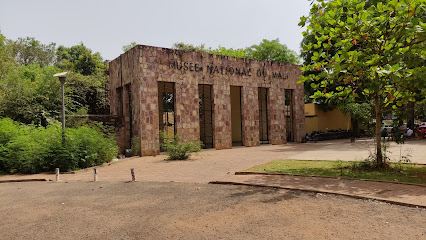
Place du Cinquantenaire
Discover Bamako's vibrant heart at Place du Cinquantenaire, a cultural hub with stunning architecture and lively events.
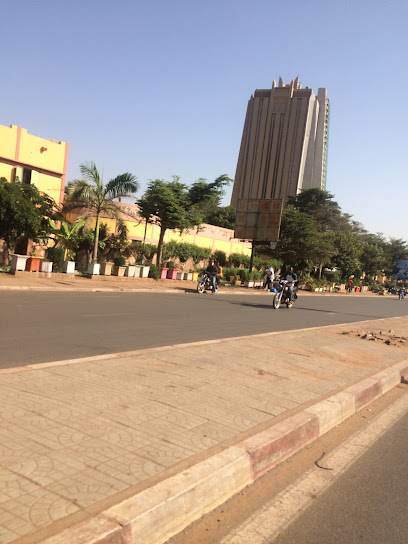
Monument of Independence
A towering tribute to Mali's independence, the Monument of Independence in Bamako is a must-see landmark that embodies the nation's resilience and spirit.
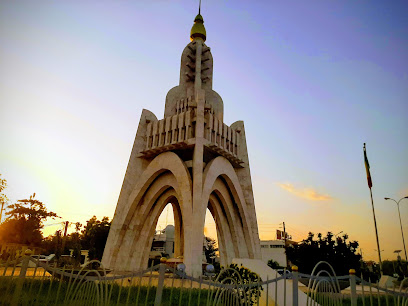
Villa Soudan
Experience Malian charm and hospitality at Villa Soudan, a serene oasis in Bamako's vibrant Badalabougou district.
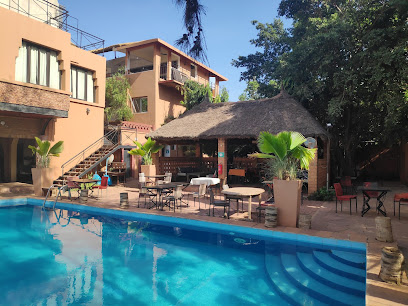
Mamy Délices, Badalabougou
Experience authentic Malian cuisine and international dishes at Mamy Délices, a culinary gem in Bamako's Badalabougou neighborhood.
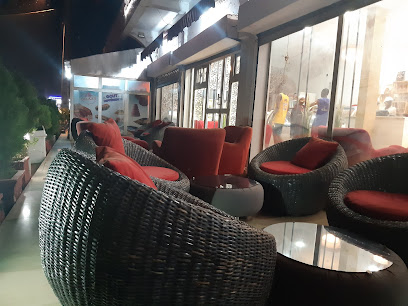
Ali Farka Toure Monument
A tribute to Ali Farka Toure, the Malian musical icon who blended traditional sounds with blues, creating the unique 'desert blues' genre.
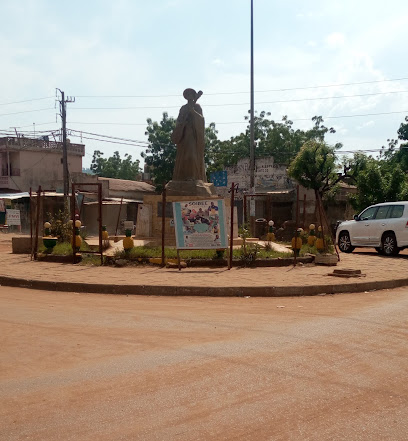
Cathedral of the Sacred Heart of Bamako
Discover Bamako's iconic Cathedral of the Sacred Heart, a colonial-era architectural gem and a center for Catholic worship since 1936.
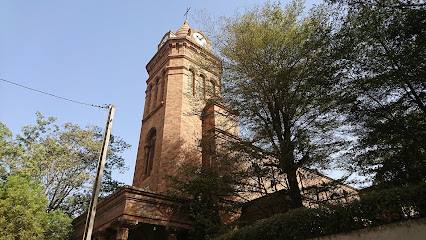
Monument de la Paix
A symbol of peace and unity in Bamako, the Monument de la Paix commemorates Mali's journey towards harmony and reconciliation.
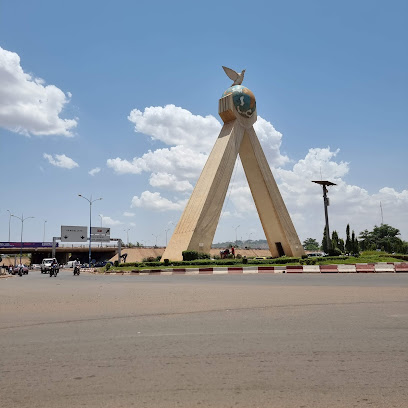
Monument Abdoulaye soumare
A historical landmark in Bamako honoring General Abdoulaye Soumare and Mali's military history, reflecting the nation's cultural heritage.
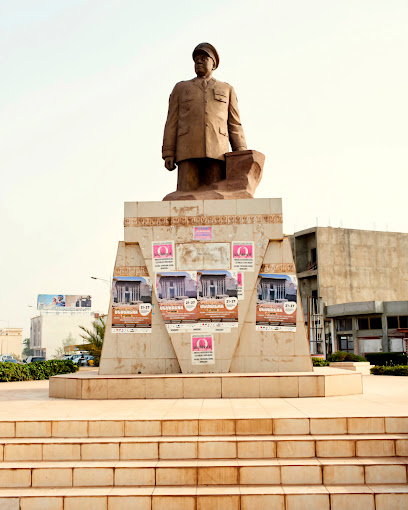
Monument Nkouamé Nkruma
A tribute to Kwame Nkrumah in Bamako, symbolizing African unity, independence, and the region's rich artistic heritage.
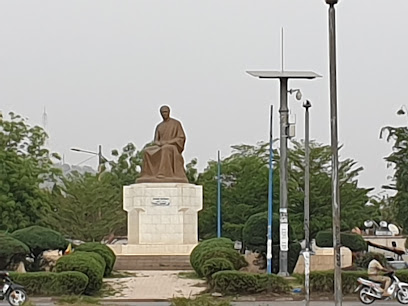
Bienvenue / Welcome in Bamako
Experience the vibrant culture, rich history, and lively atmosphere of Bamako, Mali's captivating capital city.
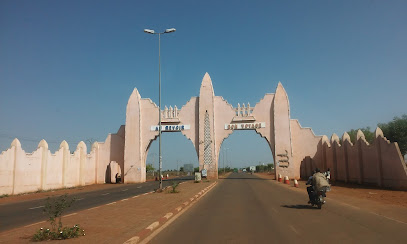
Mémorial Modibo Kéita
Explore Mali's history at the Mémorial Modibo Kéita, honoring its first president and the nation's path to independence. A cultural landmark in Bamako.
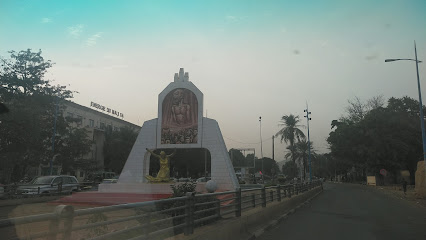
Unmissable attractions to see
Mali National Park.
Explore Mali National Park: A rich tapestry of wildlife, scenic landscapes, and cultural experiences await in this national gem near Bamako.
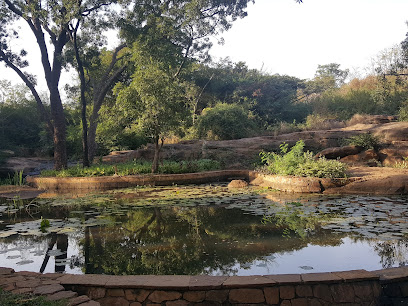
ZOO NATIONAL DU MALI
Explore the diverse wildlife and cultural heritage at Zoo National du Mali, a delightful family-friendly attraction in Bamako.
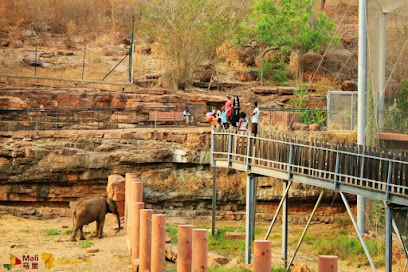
Essential places to dine
Ptit Grill
Experience authentic Malian cuisine at Ptit Grill in Bamako - where flavor meets culture in a cozy setting.
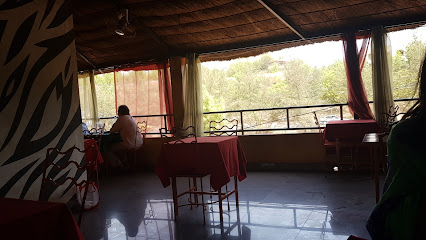
Mamy Delices
Experience authentic Malian cuisine at Mamy Delices in Bamako - where every meal tells a story.
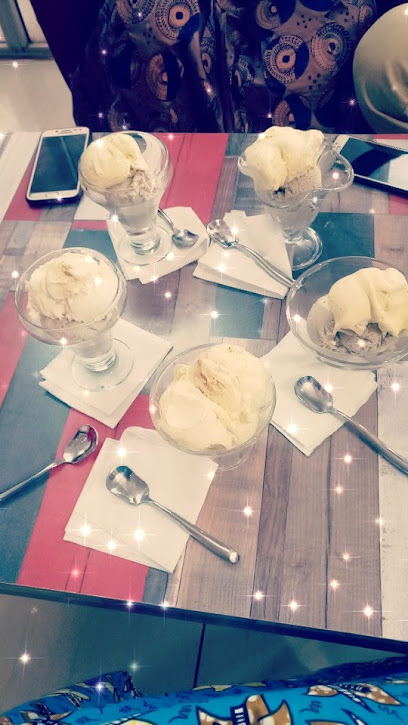
Waka
Experience authentic Italian cuisine at Waka in Bamako – where every dish tells a story of tradition and flavor.
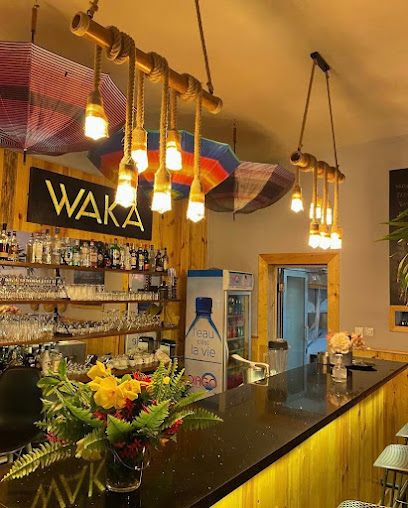
Bobsi restaurant
Discover authentic Malian flavors at Bobsi Restaurant in Bamako - where delicious food meets warm hospitality.
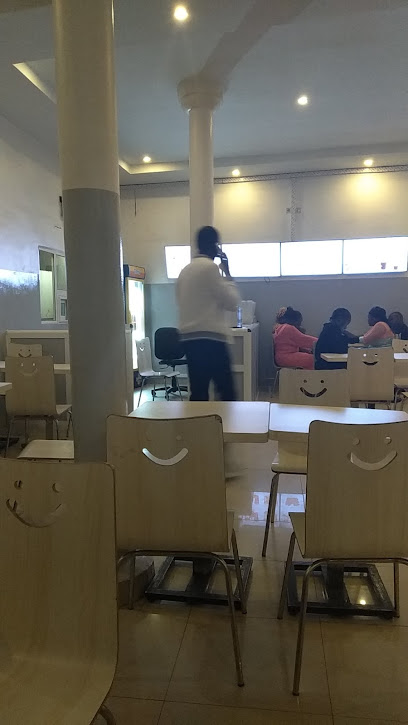
Restaurant ISABELLA
Experience authentic African flavors at Restaurant ISABELLA in Bamako – a culinary gem celebrating Mali's rich heritage.
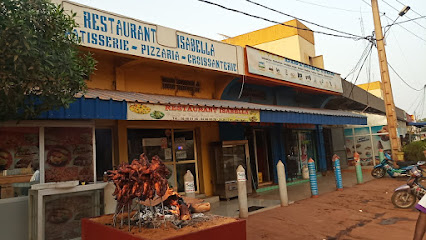
Hakuna.matata
Discover the vibrant tastes of Mali at Hakuna Matata in Bamako – where every meal is a celebration of local flavors.
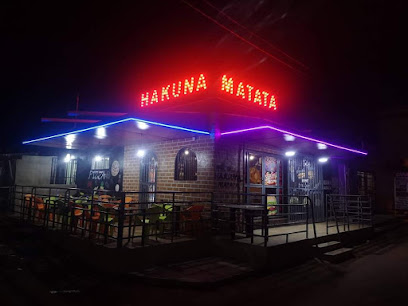
Restaurant AMI
Experience authentic Malian cuisine at Restaurant AMI in Bamako, specializing in delicious chicken dishes that delight every palate.
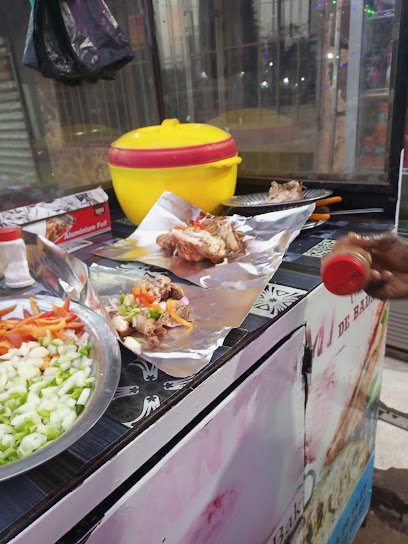
Restaurant Lawal
Experience authentic Malian cuisine at Restaurant Lawal in Bamako - where every dish reflects the rich flavors of Mali's culinary tradition.
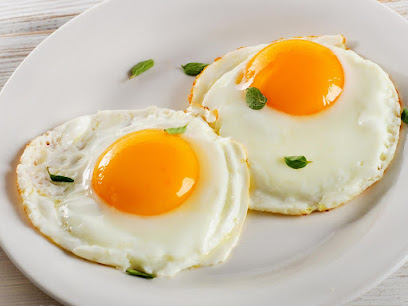
Restaurant Yan Ka Di
Discover authentic Malian cuisine at Restaurant Yan Ka Di in Bamako's vibrant Badalabougou district, where flavors tell stories.
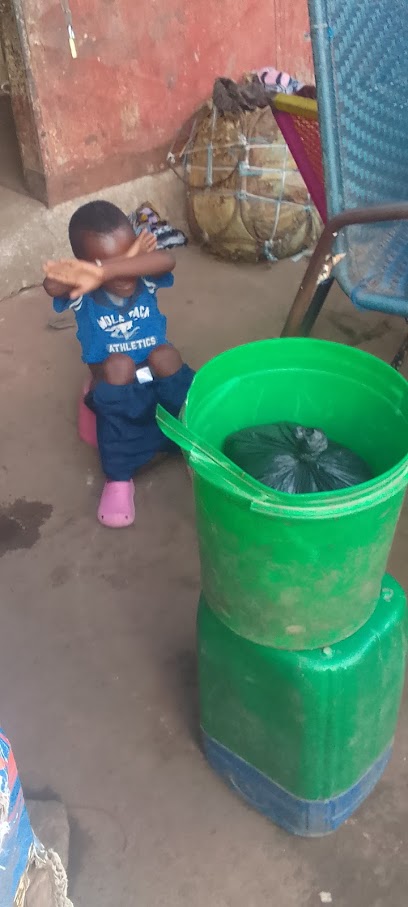
Restaurant sénégalais
Discover authentic Senegalese cuisine in Bamako's family-friendly restaurant, offering delicious dishes in a vibrant atmosphere.

Markets, malls and hidden boutiques
Amara shop
Explore Amara Shop in Bamako for a diverse selection of electronics and exceptional service, making your tech shopping experience unforgettable.
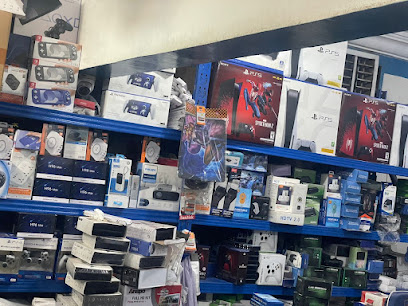
Oreimo boutique
Explore Oreimo Boutique in Bamako for the latest electronics and a unique shopping experience in Mali's vibrant capital.
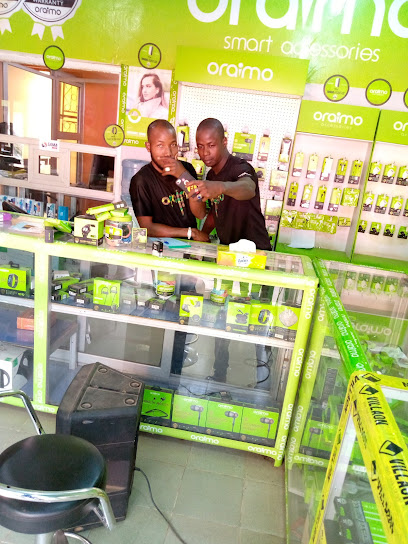
Bamako Shop
Explore Bamako Shop, where stylish footwear meets local craftsmanship in the heart of Bamako's vibrant shopping scene.
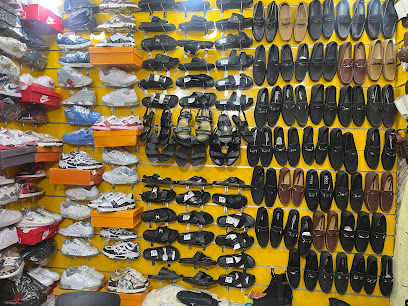
Tolo service
Discover unique gifts and local crafts at Tolo Service, a vibrant gift shop in the heart of Bamako, Mali, showcasing the rich cultural heritage of the region.
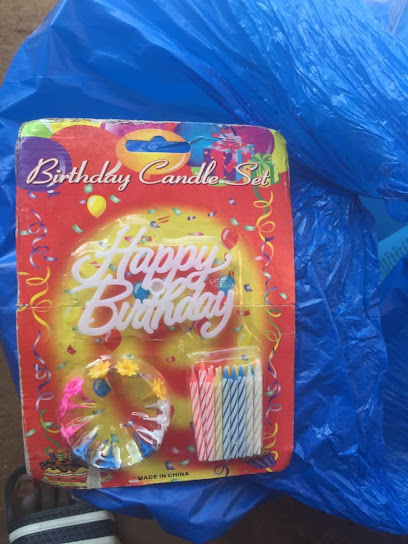
Femina
Explore Femina in Bamako for unique fashion accessories that blend traditional craftsmanship with modern style, perfect for any tourist's wardrobe.
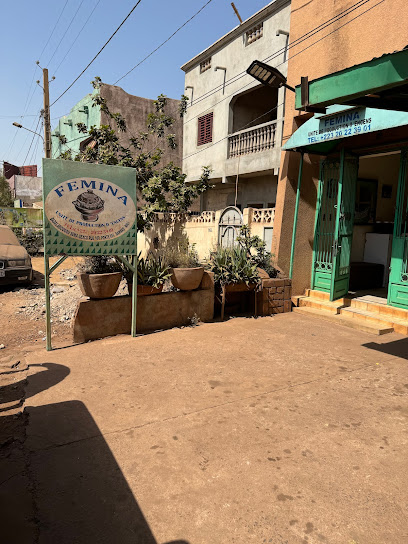
B B Shop
Explore the vibrant essence of Bamako at B B Shop, where unique local products and traditional craftsmanship await every visitor.

Boutique diaba traore
Explore the exquisite craftsmanship of Mali at Boutique Diaba Traore, a hidden gem in Bamako for unique jewelry treasures.

Voilées et Coquettes
Explore Bamako's cultural scene at Voilées et Coquettes, a vibrant magazine store showcasing local art and literature.

Moussa Sangho
Discover authentic Malian crafts and textiles at Moussa Sangho, a unique store in Bamako that celebrates local artistry and culture.

Boutique la solution
Explore the charm of sustainable fashion at Boutique la Solution, Bamako's premier destination for unique second-hand clothing.

Essential bars & hidden hideouts
B Lounge
Experience the vibrant nightlife and unique ambiance of B Lounge in Bamako, where local culture meets contemporary lounge vibes.
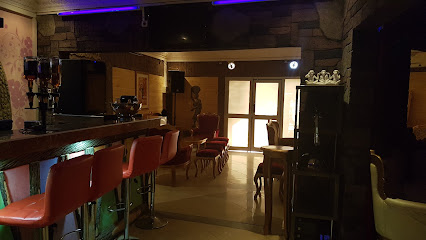
Mamy Délices, Badalabougou
Discover the authentic flavors of Mali at Mamy Délices, a top restaurant in Badalabougou, Bamako, renowned for its delicious local cuisine.
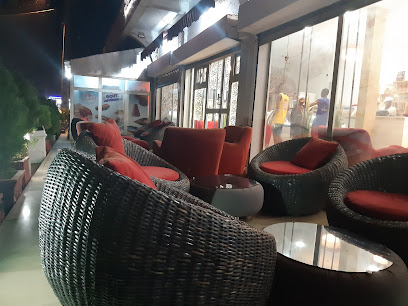
Ptit Grill
Discover the heart of Bamako's culinary scene at Ptit Grill, where local flavors meet a vibrant dining experience.
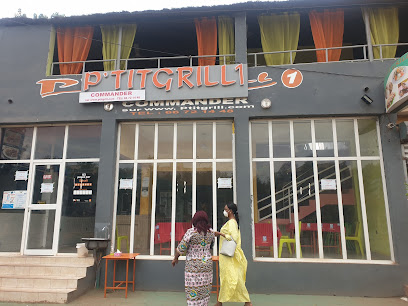
Mess Militaire
Experience the vibrant nightlife at Mess Militaire, a popular bar in Bamako offering local drinks, live music, and a welcoming atmosphere.
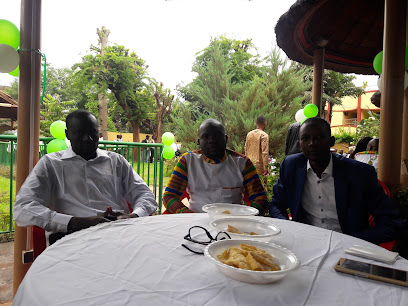
Waka
Experience the authentic flavors of Italy at Waka, a cozy Italian restaurant in Bamako's vibrant Badalabougou district.
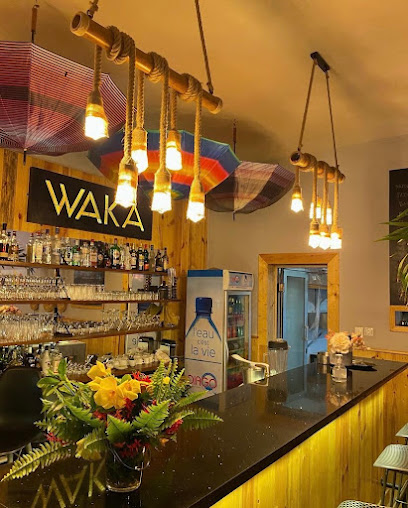
Kora
Experience the vibrant nightlife at Kora, a lively bar in Bamako offering a mix of local and international drinks amidst a rich cultural atmosphere.
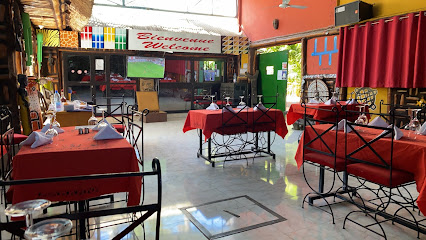
Eclipse Rooftop
Experience the vibrant nightlife and breathtaking views at Eclipse Rooftop, the ultimate lounge destination in Bamako.

ESCOBAR LOUNGE
Experience the vibrant nightlife of Bamako at Escobar Lounge, where great drinks and music bring locals and travelers together.
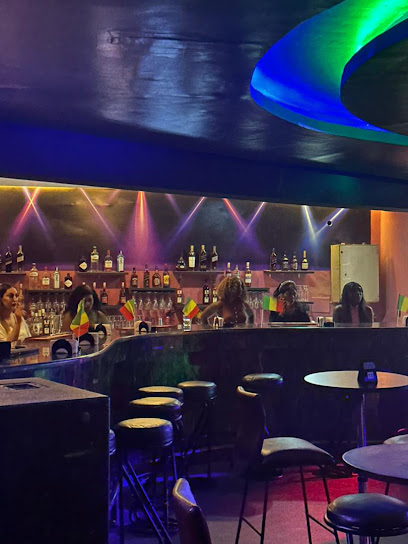
Restaurant badalabodou
Discover the vibrant nightlife of Bamako at Restaurant Badalabodou, a cultural hub for drinks, music, and local friendships.
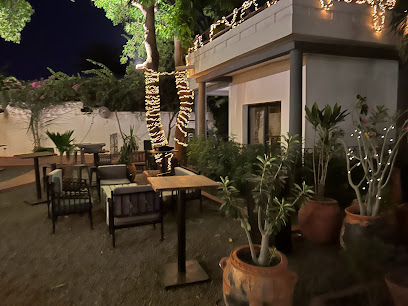
Bon Coeur
Discover the vibrant nightlife of Bamako at Bon Coeur, a charming bar offering a unique atmosphere and refreshing drinks amidst local culture.

Queen club
Experience the vibrant nightlife of Bamako at Queen Club, a chic lounge offering delicious drinks and an inviting atmosphere.
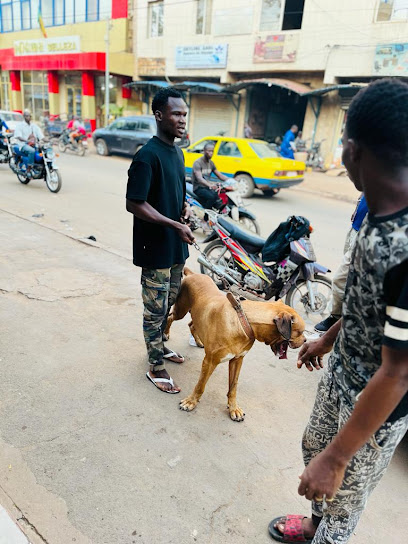
Foyer de L'aviateur
Discover the vibrant nightlife at Foyer de L'aviateur, a lively bar in Bamako offering local drinks and a warm atmosphere.

Gddc
Experience the vibrant nightlife of Bamako at Gddc, a lively bar offering local drinks and a welcoming atmosphere for all visitors.

Restaurant Lounge NO NAME
Discover the vibrant nightlife of Bamako at Restaurant Lounge NO NAME, a unique bar offering local flavors in a lively social setting.

Local Phrases
-
- HelloN'i barika
[nee bah-ree-kah] - GoodbyeI kɛnɛ
[ee keh-neh] - YesI
[ee] - NoAyo
[ah-yoh] - Please/You're welcomeAw bɛ se
[ow beh say] - Thank youI ni ce
[ee nee chay] - Excuse me/SorryN'i tɛnw
[nee ten-oo] - How are you?I ka taa ?
[ee kah tah] - Fine. And you?N'i tɔgɔ taa ?
[nee toh-goh tah] - Do you speak English?I kuma fini Angilɛ ka ?
[ee koo-mah fee-nee ahn-gee-lay kah] - I don't understandA tɔgɔ kɛ
[ah toh-goh keh]
- HelloN'i barika
-
- I'd like to see the menu, pleaseN'i bɛ sira menu na
[nee beh see-rah may-noo nah] - I don't eat meatA ka jiri ni taama
[ah kah jee-ree nee tah-mah] - Cheers!A wuli
[ah woo-lee] - I would like to pay, pleaseN'i bɛ kɛnɛ ka
[nee beh keh-neh kah]
- I'd like to see the menu, pleaseN'i bɛ sira menu na
-
- Help!Ka tɛ
[kah ten] - Go away!Jigi
[jee-gee] - Call the Police!Ka kɔnɔ
[kah koh-noh] - Call a doctor!Ka don
[kah dohn] - I'm lostA bɛ jɔgɔ
[ah beh joh-goh] - I'm illA bɛ tɛ
[ah beh ten]
- Help!Ka tɛ
-
- I'd like to buy...N'i bɛ sira...
[nee beh see-rah] - I'm just lookingN'i fɔ nkɛ
[nee foh nn-kay] - How much is it?I ka bɛ kɛrɛ
[ee kah beh keh-ray] - That's too expensiveA ye kɔrɔ
[ah yay koh-roh] - Can you lower the price?I ka bɛ sara kɔrɔ
[ee kah beh sah-rah koh-roh]
- I'd like to buy...N'i bɛ sira...
-
- What time is it?I ka bɛ ?
[ee kah beh] - It's one o'clockI bɛ dɔgɔkɛ
[ee beh doh-goh-keh] - Half past (10)Fɔlɔ ka dɔkɛ (10)
[fol-oh kah doh-keh] - MorningTɛmɛ
[tem-meh] - AfternoonDɔgɔkɛ
[doh-goh-keh] - EveningTɔgɔ
[toh-goh] - YesterdayKunu
[koo-noo] - TodayBi taa
[bee tah] - TomorrowBi dɔgɔ
[bee doh-goh] - 1Kelen
[keh-lehn] - 2Filen
[fee-lehn] - 3Saba
[sah-bah] - 4Nan
[nahn] - 5Dun
[doon] - 6Wɔrɔ
[woh-roh] - 7Saba
[sah-bah] - 8Kulu
[koo-loo] - 9Sorɔ
[soh-roh] - 10Tan
[tahn]
- What time is it?I ka bɛ ?
-
- Where's a/the...?Ni mɔgɔna?
[nee moh-goh-nah] - What's the address?Ni dɔn?
[nee dohn] - Can you show me (on the map)?I ka bɛ sira (ɲɛ ka kɛnɛw)
[ee kah beh see-rah (nyeh kah keh-neh-woh)] - When's the next (bus)?Ni taa kɛnɛ (sɔrɔn ma)?
[nee tah keh-neh (soh-rohn mah)] - A ticket (to ....)Bi sɔrɔ (fɛ ....)
[bee soh-roh (feh)]
- Where's a/the...?Ni mɔgɔna?
History of Badalabougou
-
Badalabougou, located on the banks of the Niger River, has a rich history that mirrors the broader development of Bamako. Initially inhabited by the Bambara people, the area became a vital part of the trade routes that connected the Mali Empire's capital, Niani, to other regions in West Africa. The neighbourhood saw a gradual transition from a rural settlement to an urban environment as Bamako expanded in the late 19th century.
-
During the French colonial period in the late 19th and early 20th centuries, Badalabougou underwent significant changes. The French established administrative and military outposts in Bamako, which led to urban planning and the incorporation of Badalabougou into the colonial framework. This era introduced new infrastructure, including roads and buildings, which reshaped the neighbourhood and facilitated trade and movement.
-
After gaining independence from France in 1960, Mali focused on national identity and development. Badalabougou emerged as a key residential area, attracting families and individuals drawn by the promise of urban opportunities. The neighbourhood became known for its vibrant community life, marked by traditional practices and modern influences. Local markets flourished, reflecting the cultural diversity of Bamako.
-
Badalabougou is renowned for its cultural heritage, particularly its music and art scenes. The neighbourhood is home to several cultural festivals and events that celebrate Malian traditions, music, and dance. The famous 'Festival sur le Niger,' although primarily held in nearby Segou, has roots in the cultural exchanges and artistic expressions found within Badalabougou, making it a hub for artists and performers.
-
In recent years, Badalabougou has faced challenges related to urbanization, including infrastructure strain and social issues. Despite these challenges, community initiatives have emerged, aiming to preserve the neighbourhood's rich cultural identity while adapting to modern demands. Local organizations focus on promoting sustainable development and cultural tourism to enhance the area's appeal and ensure its historical significance is recognized.
Badalabougou Essentials
-
Badalabougou is easily accessible from other neighborhoods in Bamako. You can take a taxi or a motorcycle taxi (zemidjan) from the city center, which typically costs between 1,000 to 3,000 CFA depending on the distance. Public buses also operate routes that connect to Badalabougou, and the main bus terminal is located in the city center, where you can catch a bus heading towards the neighborhood.
-
Badalabougou is a walkable neighborhood with many local shops and attractions within easy reach. Taxis and motorcycle taxis are widely available for longer distances or if you prefer not to walk. Public transport options include minibuses, which are a cost-effective way to navigate Bamako. Bicycles can also be rented from local shops if you're looking to explore the area in a more eco-friendly manner.
-
Badalabougou is generally safe for tourists, but it's important to remain vigilant. Avoid walking alone at night, especially in poorly lit areas. While most crimes are non-violent, petty theft can occur, particularly in crowded markets. Areas around the main bus station can be busier and warrant extra caution. Always keep your belongings secure and be mindful of your surroundings.
-
In case of emergency, dial 112 for police assistance and 15 for fire services. For medical emergencies, visit the nearest hospital or clinic. It's advisable to carry travel insurance that includes coverage for medical issues. Pharmacies are available in Badalabougou for minor health concerns, and they typically carry over-the-counter medications.
-
Fashion: Do dress modestly, especially in local markets and when visiting religious sites. Avoid revealing clothing. Religion: Do respect local customs; it is customary to greet locals politely before starting a conversation. Public Transport: Do offer your seat to elderly passengers. Don’t engage in loud conversations. Greetings: Do use a handshake or a slight nod; locals appreciate warmth. Eating & Drinking: Do try local dishes and accept invitations to share meals. Don’t waste food or drink alcohol in public areas, as it can be frowned upon.
-
To experience Badalabougou like a local, visit the vibrant street markets where you can buy fresh produce, traditional crafts, and sample local street food. Engage with local artisans and shopkeepers to learn about their crafts and cultural stories. Don’t miss the nearby cultural centers that often host events showcasing Malian music and dance. For a unique experience, try to participate in community events or festivals if your visit coincides with them.
Trending Landmarks in Badalabougou
-
Tower Of Africa
-
Mali National Park.
-
Grande Mosquée de Bamako
-
National Museum
-
Place du Cinquantenaire
-
Monument of Independence
-
Villa Soudan
-
Mamy Délices, Badalabougou
-
Ali Farka Toure Monument
-
Cathedral of the Sacred Heart of Bamako
-
Monument de la Paix
-
Monument Abdoulaye soumare
-
Monument Nkouamé Nkruma
-
Bienvenue / Welcome in Bamako
-
Mémorial Modibo Kéita
Nearby Cities to Badalabougou
-
Things To Do in Faranah
-
Things To Do in Bobo-Dioulasso
-
Things To Do in Dédougou
-
Things To Do in Voinjama
-
Things To Do in Sanniquellie
-
Things To Do in Ganta
-
Things To Do in Magburaka
-
Things To Do in Ouahigouya
-
Things To Do in Koudougou
-
Things To Do in Kenema
-
Things To Do in Gbarnga
-
Things To Do in Daloa
-
Things To Do in Wa
-
Things To Do in Port Loko
-
Things To Do in Ouagadougou










